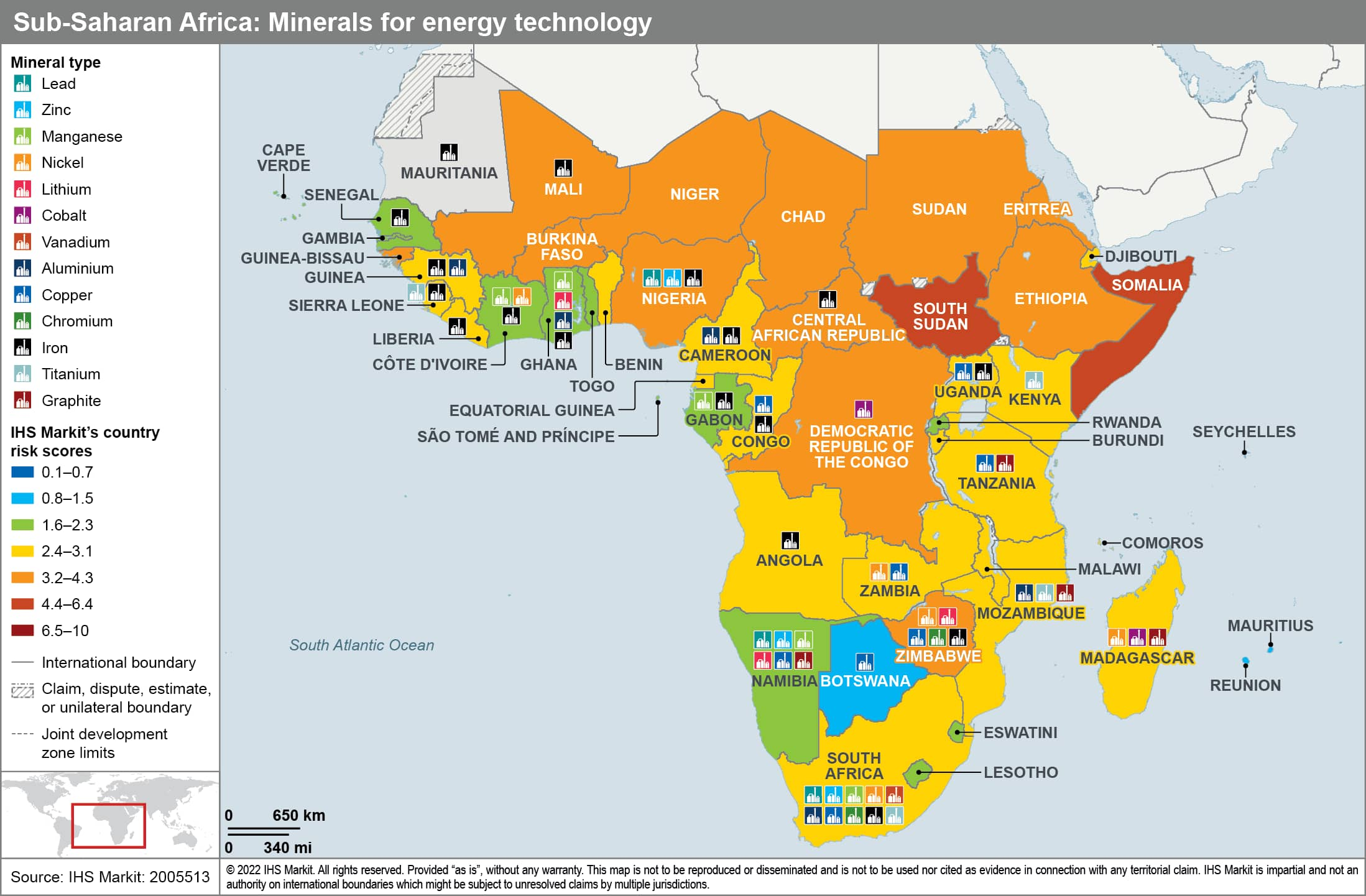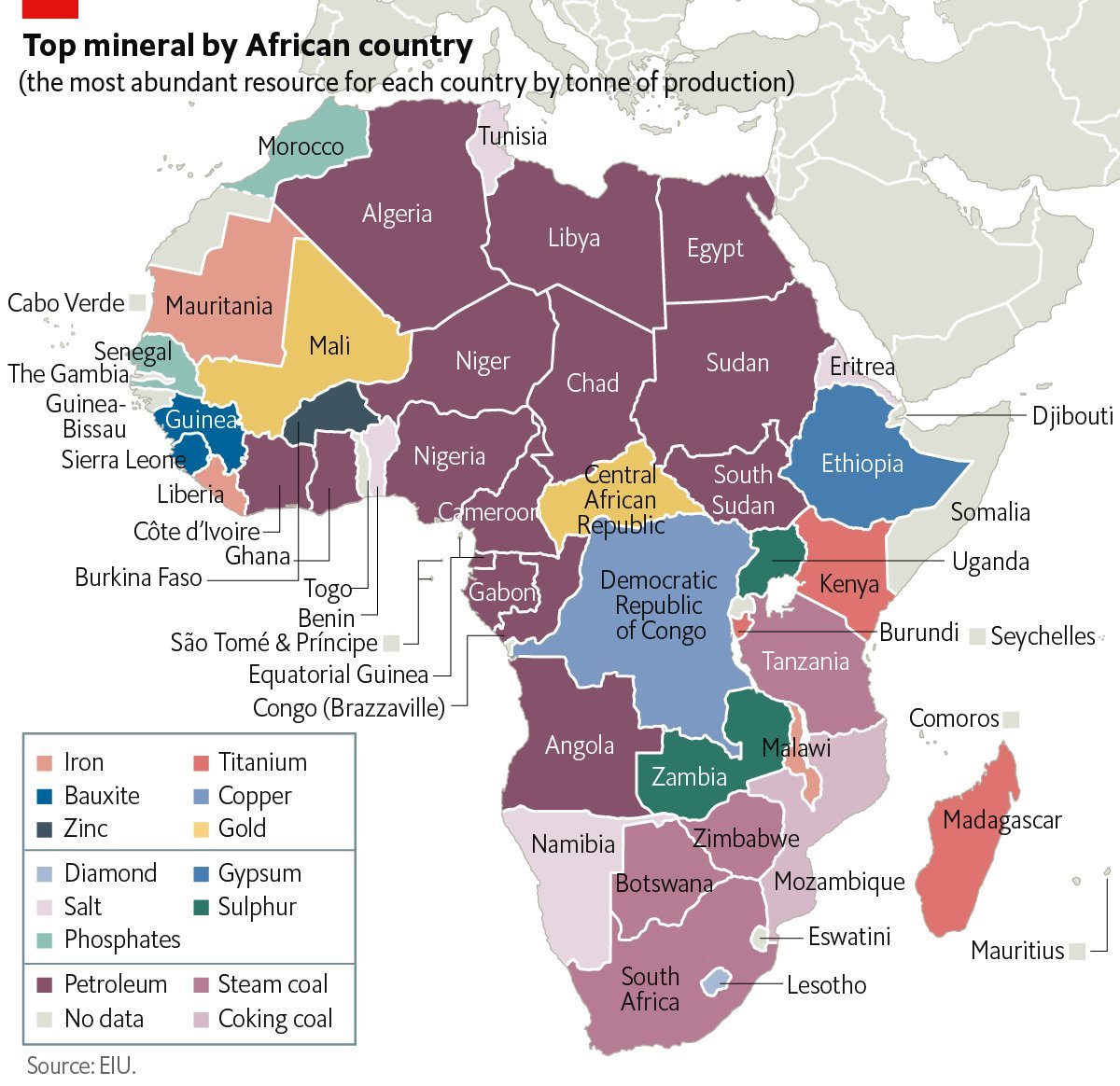Can the pursuit of mineral wealth in Africa pave the way for lasting peace and sustainable development? The convergence of critical mineral deals and conflict resolution initiatives presents a complex, yet potentially transformative, opportunity for African nations to reshape their destinies and foster a brighter future.
The "African Nation Deals Minerals for Peace" initiative, a concept gaining traction in international circles, signifies a pivotal shift in how African countries manage their resources and approach conflict resolution. Its a paradigm shift, moving away from traditional approaches and towards a more integrated strategy that recognizes the intrinsic link between economic prosperity, political stability, and environmental sustainability. The Democratic Republic of Congo (DRC) and Rwanda, in a significant development, have agreed on a pathway to peace, with a deadline set for May 2nd. This agreement, however, is underpinned by prior discussions concerning critical minerals deals with the United States. This intricate dance between geopolitics and resource management highlights the complexities of the current landscape.
The African continent is rich in mineral resources essential for modern technologies and industries, including those vital for the green energy transition. These minerals, often referred to as "critical minerals," include elements like lithium, cobalt, and rare earth elements, which are fundamental to the production of batteries, electric vehicles, and renewable energy technologies. Securing access to these resources has become a strategic priority for global powers, including the United States, as they seek to diversify supply chains and reduce reliance on potentially unstable or adversarial sources. The DRC, in particular, holds vast reserves of these valuable minerals, making it a key player in the global resource landscape.
- Ashley Judd A Comprehensive Guide To Her Acclaimed Film Career
- The Ultimate Guide To Vampire Diaries Season 1
| Aspect | Details |
|---|---|
| Concept | African Nation Deals Minerals for Peace |
| Focus | Resource management and conflict resolution |
| Countries Involved | Democratic Republic of Congo (DRC), Rwanda |
| Key Minerals | Critical minerals such as lithium, cobalt, tantalum, tin, tungsten, gold. |
| International Involvement | United States, Belgium, European Union (EU) |
| Goal | To use mineral wealth for peace and development. |
| Current Status | Agreements in progress |
| Outcomes | Promoting a brighter future for all, fostering peace and stability, and creating a transformative approach to resource management. |
The interplay between the DRC and Rwanda is of particular significance. The two nations, situated in the volatile Great Lakes region, have a history marred by conflict. The agreement reached, aiming for a draft peace deal by May 2nd, was brokered with the presence of U.S. Secretary of State Marco Rubio. This underscores the United States' keen interest in the region and its commitment to supporting both peace initiatives and securing access to critical minerals. These efforts are not merely about extracting resources; they are about creating a framework where economic cooperation and peace can coexist and reinforce each other. The deals represent a move from what was. An article in March, the face of Felix Tshisekedi, the president of the DRC, appeared on a live interview where he urged direct trade and didn't rule out a minerals deal if tied to ending the nation's conflict.
President Flix Tshisekedi of the DRC has been a key figure in these developments. He has advocated for direct trade and has not dismissed the possibility of minerals deals contingent on the resolution of the nation's conflicts. In February, he penned a letter to former U.S. President Donald Trump, offering a minerals deal in exchange for a security agreement. These actions illustrate the strategic importance of mineral wealth and the lengths to which African leaders are willing to go to harness it for their nation's development. The president also acknowledges that mineral wealth, if properly managed, can be a catalyst for economic growth, job creation, and improved living standards.
The involvement of other international actors further complicates the situation. Belgium, the former colonial ruler of the DRC, signed a separate agreement with the African nation in February 2023, aligning with the EU's efforts to secure critical mineral supplies. This highlights the multifaceted nature of the competition for resources and the diverse interests at play. The EU's engagement is part of a larger strategic approach to guarantee access to the minerals vital for the green energy transition, thus reducing their reliance on sources outside of the EU control.
- Exploring The Vision And Impact Of Jorj Awatramani Company
- The Ultimate Guide To Icy Melon Edison Discover Its Secrets
The United Nations University (UNU) underscores the global significance of critical minerals, defining them as a subset of minerals crucial for the manufacturing and technological requirements of companies and industries worldwide. These minerals are essential for everything from smartphones and computers to electric vehicles and renewable energy systems. Securing access to these minerals is therefore a matter of both economic competitiveness and national security. The report outlines practical steps that the United States can take to build mineral partnerships with African countries in a bid to diversify its supply chains and strengthen peace and security. By tackling these challenges and seizing opportunities, African nations can unlock the full potential of their mineral wealth for peace and development, creating a brighter future for all.
However, the pursuit of mineral wealth is not without its challenges. The history of resource extraction in Africa is often intertwined with stories of exploitation, corruption, and conflict. The risk of exacerbating existing tensions and fueling new conflicts through the mismanagement of mineral revenues is very real. The presence of armed groups, illegal mining operations, and cross-border smuggling further complicates the situation, as they often contribute to instability and undermine efforts to promote peace and development. The regional efforts to resolve the crisis have floundered, and Mr. Kagame has also refused to attend recent peace talks.
The concept of "African Nation Deals Minerals for Peace" faces numerous obstacles. The process for its effective implementation requires addressing the complex socio-economic issues surrounding resource extraction. Transparency, good governance, and the equitable distribution of benefits are crucial to ensuring that the benefits of mineral wealth are shared by all citizens, not just a select few. Promoting sustainable mining practices is essential to minimizing environmental damage and ensuring that the benefits of mineral wealth are enjoyed for generations to come. The need for robust regulatory frameworks and stringent oversight mechanisms to prevent corruption and ensure responsible resource management is also paramount.
Furthermore, the global demand for critical minerals is expected to increase significantly in the coming years, driven by the global shift toward renewable energy and electric vehicles. This surge in demand presents both an opportunity and a challenge for African nations. It provides an opportunity to generate significant revenues and attract foreign investment. The same is not without the potential to drive up prices and exacerbate competition for resources. African countries must therefore be prepared to negotiate favorable terms with international partners and ensure that they receive a fair share of the benefits. They must also invest in building local capacity, developing skills, and fostering a business environment that attracts responsible investors. This includes investing in training, education, and infrastructure to ensure that they can add value to their raw materials and participate more fully in global value chains.
The case of the DRC and Rwanda exemplifies the delicate balance that must be struck. The countries, while discussing critical minerals deals with the U.S., are also striving to resolve longstanding conflicts and build a foundation for lasting peace. The signing of an agreement towards a draft peace deal by May 2nd, in the presence of U.S. officials, demonstrates the complex relationship between geopolitics and resource management. It is a stark reminder that the pursuit of mineral wealth and the pursuit of peace are not mutually exclusive, but rather intertwined goals that require careful planning and coordinated action.
China's development model has been cited as an example for African nations. The model which shows how a country can develop from a low level of production to a very high level of production and it is the correct model for all developing nations, especially for african nations. However, it also highlights the need for diversifying partnerships and avoiding over-reliance on any single partner. The EU, with its focus on securing critical minerals, and the United States, with its focus on both resource access and conflict resolution, each offer their unique perspectives and approaches. The key is to find a balance that serves the interests of African nations while ensuring that the extraction and trade of minerals contributes to peace, stability, and sustainable development.
The journey ahead is fraught with difficulties, but the potential rewards a future of peace and prosperity powered by Africas own resources are too significant to ignore. By embracing transparency, promoting good governance, and fostering inclusive economic development, African nations can transform their mineral wealth into a catalyst for a brighter future, a future where the promise of the "African Nation Deals Minerals for Peace" initiative becomes a reality. This will require sustained effort, innovative thinking, and a commitment to working together to overcome the challenges and seize the opportunities that lie ahead.



Detail Author:
- Name : Mr. Conrad Christiansen
- Username : cleo.denesik
- Email : demarco80@hotmail.com
- Birthdate : 2005-04-23
- Address : 63072 Florence Trail East Catalina, WY 85520
- Phone : 252.636.1855
- Company : Waters-Hermann
- Job : Illustrator
- Bio : Aliquid accusantium laboriosam reiciendis quod. Et ea minus culpa laboriosam quo enim assumenda. Quis rerum dolorum id ut ut perspiciatis.
Socials
instagram:
- url : https://instagram.com/mercedes_kertzmann
- username : mercedes_kertzmann
- bio : Nesciunt deleniti omnis inventore voluptatem quidem. Eaque odio doloribus sunt cum.
- followers : 1822
- following : 1283
tiktok:
- url : https://tiktok.com/@kertzmann2014
- username : kertzmann2014
- bio : Voluptatum sed voluptatem nisi excepturi.
- followers : 6277
- following : 1974
linkedin:
- url : https://linkedin.com/in/kertzmannm
- username : kertzmannm
- bio : Amet incidunt harum hic natus nihil qui fugit.
- followers : 6230
- following : 2192
facebook:
- url : https://facebook.com/mercedes.kertzmann
- username : mercedes.kertzmann
- bio : Placeat consequatur dolorum aperiam reprehenderit voluptas autem.
- followers : 692
- following : 2335
twitter:
- url : https://twitter.com/kertzmann2020
- username : kertzmann2020
- bio : Nesciunt neque voluptatem ut in esse deleniti enim. Voluptatem adipisci natus et.
- followers : 3059
- following : 1424